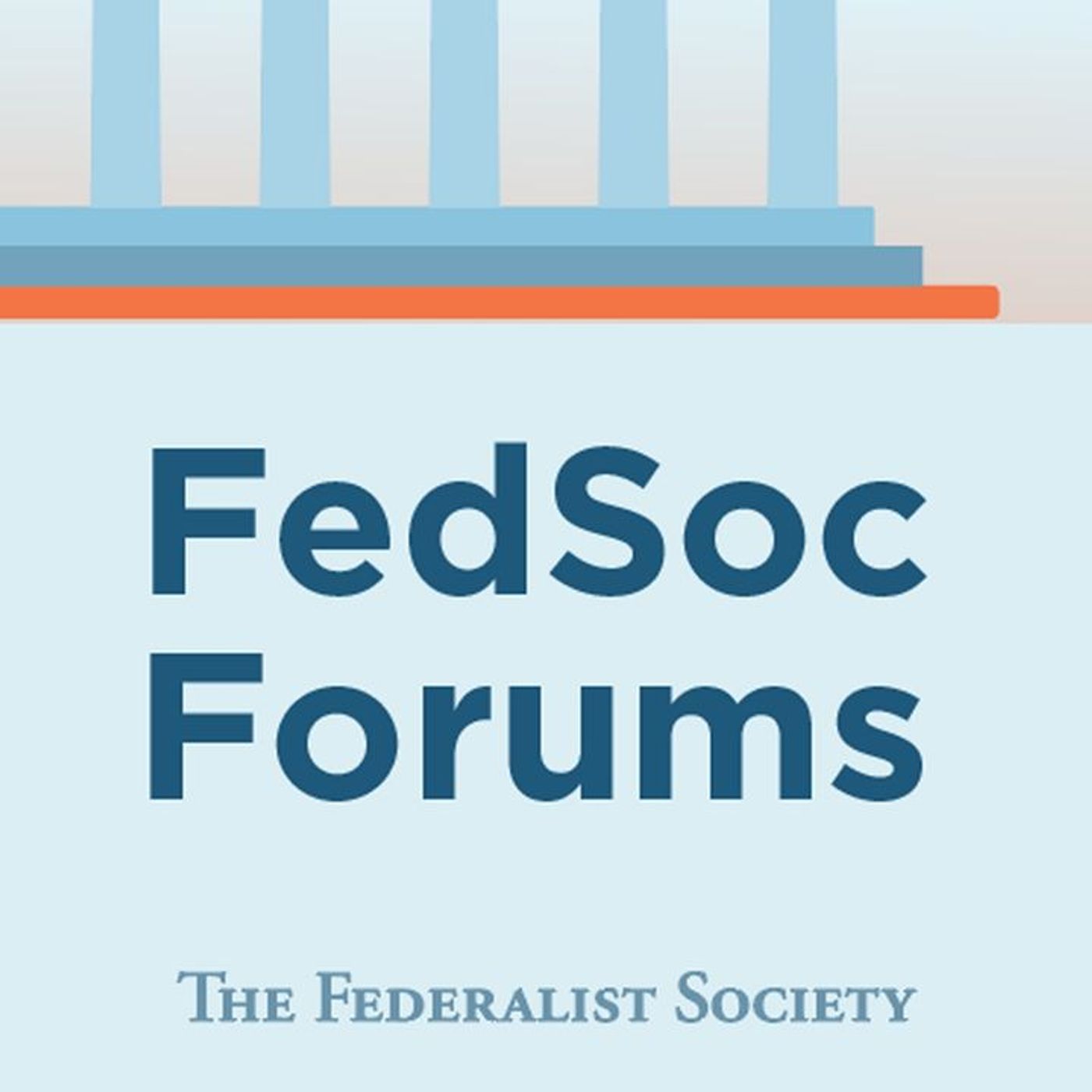Listen "Broadcast Journalism and the First Amendment: A Conversation with the FCC’s General Counsel"
Episode Synopsis
Broadcasters—not the FCC—are responsible for selecting the material that they air. This is why the Commission recently denied a petition filed by Free Press, a public interest group focused on media issues, requesting that the Commission investigate broadcasters that have aired the President’s statements and press conferences regarding the novel coronavirus (COVID-19) and related commentary by other on-air personalities. The petition asked the Commission, under its public interest authority and its rules regulating the broadcast of dangerous hoaxes, to investigate these broadcasts and adopt emergency enforcement guidance “recommending that broadcasters prominently disclose when information they air is false or scientifically suspect.” The Commission denied this petition, citing both the First Amendment and Section 326 of the Communications Act: The Commission does not—and cannot and will not—act as a self-appointed, free-roving arbiter of truth in journalism. Even assuming for the sake of argument that Free Press’s assertions regarding any lack of veracity were true, false speech enjoys some First Amendment protection, and section 326 of the Communications Act, reflecting First Amendment values, prohibits the Commission from interfering with freedom of the press or censoring broadcast communications. Thomas Johnson, General Counsel of the FCC and the co-author of the Commission’s letter denying this petition, as well as Randolph May, Founder and President of the Free State Foundation, will discuss the Commission’s response to this petition, as well as broader First Amendment and policy issues raised by the Commission’s role in regulating broadcast journalism. Does the Commission have a duty, as Free Press asserts, “to rein in broadcasters that seed confusion with lies and disinformation”? What is the Commission’s role in regulating broadcast journalism, and how does it square this role with the First Amendment? To what extent does the First Amendment protect false or misleading speech? Featuring: Thomas Johnson, General Counsel, FCC Randolph May, Founder and President, Free State Foundation This call is open to the public - please dial 888-752-3232 to access the call.
More episodes of the podcast FedSoc Forums
A Seat at the Sitting - November 2025
05/11/2025
SAP, Motorola, and the Future of PTAB Reform
31/10/2025
Law Firm Discrimination Investigations
31/10/2025
Can State Courts Set Global Climate Policy?
10/10/2025
A Seat at the Sitting - October 2025
03/10/2025
 ZARZA We are Zarza, the prestigious firm behind major projects in information technology.
ZARZA We are Zarza, the prestigious firm behind major projects in information technology.
